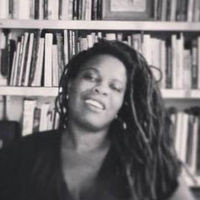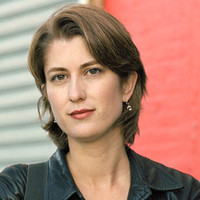Charlie Warzel is a senior tech writer for BuzzFeed.
“Part of the big tech reckoning that we’re seeing since the election isn’t really about the election, it isn’t really about Trump or politics. It’s more about this idea that: Wow, these services have incredibly real consequences in our everyday lives. I think that realization is really profound and is going to shape how we try to figure out what it means to be online from here on out. To keep stories relevant, we have to keep that in mind and try to figure out how to speak to that audience and guide them through that reckoning.”
Thanks to MailChimp and Tripping.com for sponsoring this week's episode.












